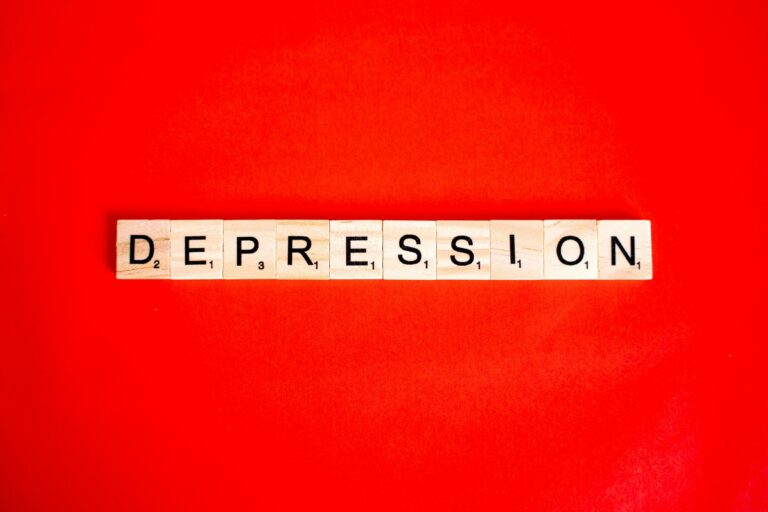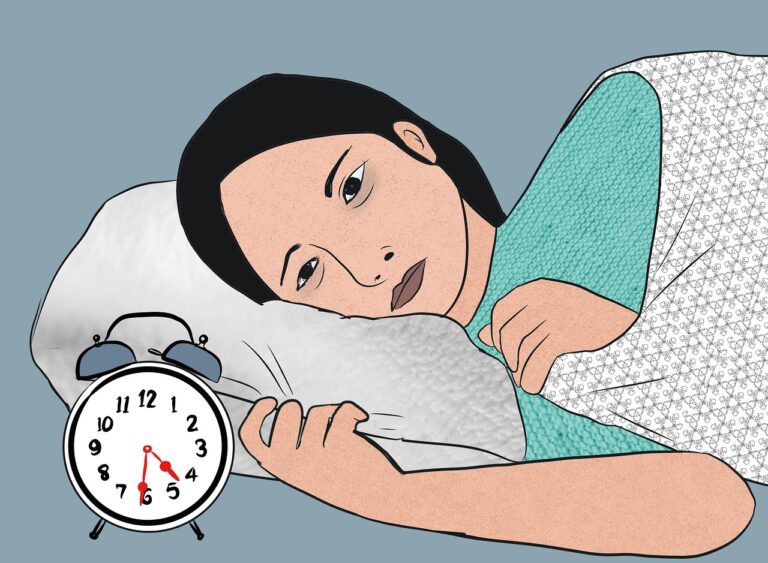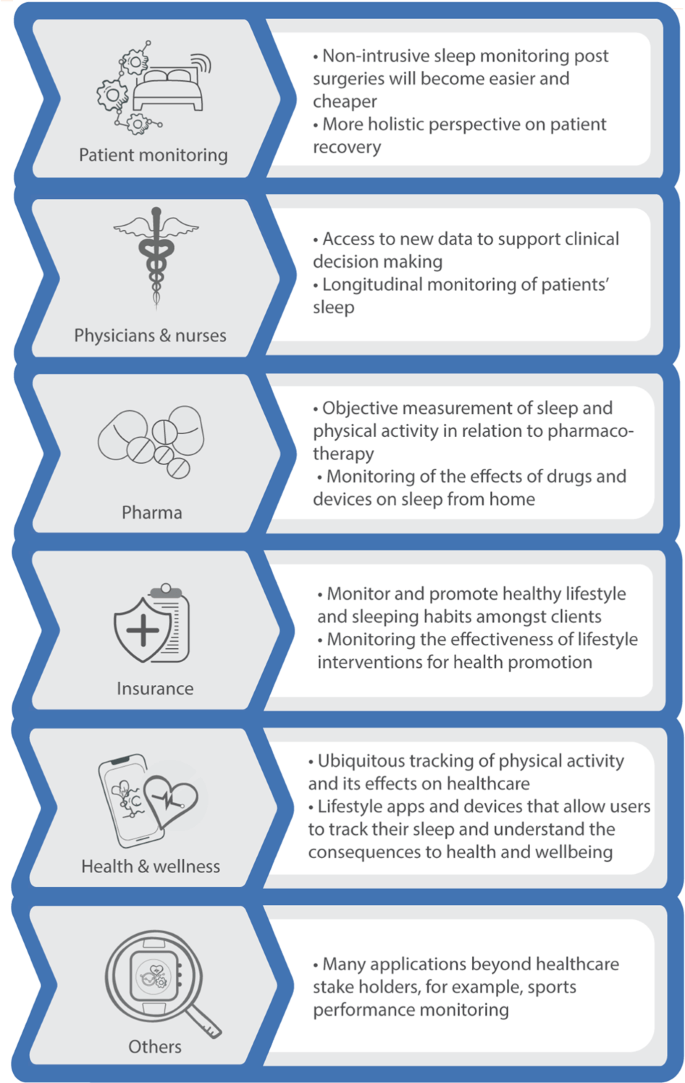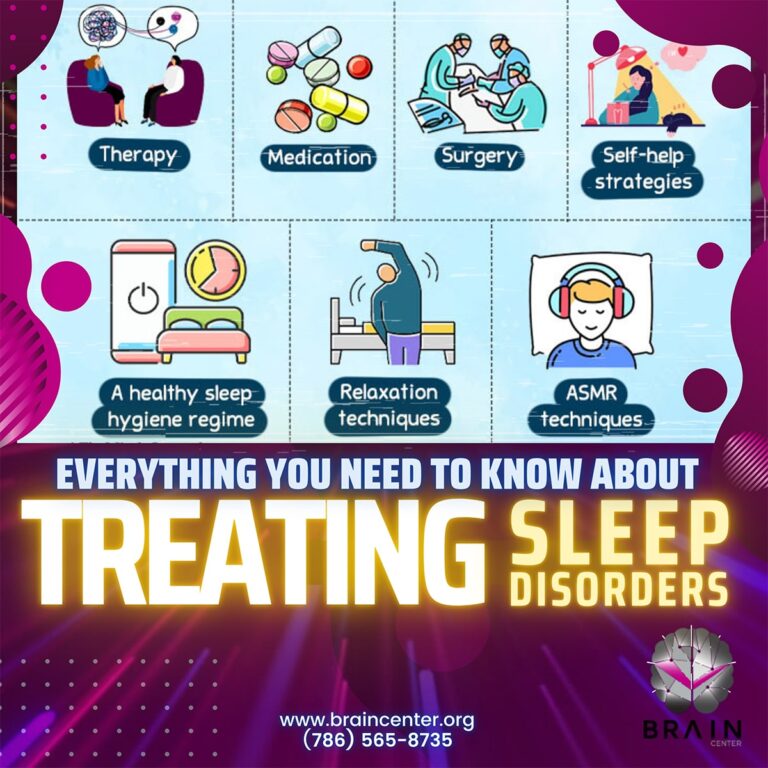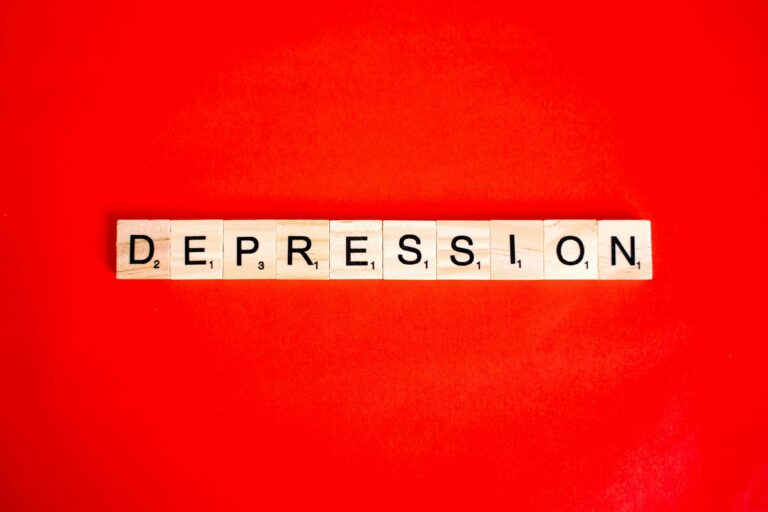Do Sleep Disorders Go Away?

In today’s fast-paced world, a good night’s sleep has become more of a luxury than a necessity, leaving many to wonder, “Do sleep disorders go away?” Understanding the gravity of sleep-related issues is the first step towards reclaiming those restful nights where dreams and rejuvenation intertwine seamlessly. With Vector Sleep Clinic, you find a partner that not only acknowledges the challenges brought on by sleep disorders but also offers a comprehensive, reliable, and trustworthy solution designed to bring you the uninterrupted sleep you deserve. Whether you’re battling insomnia, sleep apnea, or any other sleep disturbance, understanding why these occur and addressing them with professional care can indeed make a difference, steering you away from the potential health hazards they pose and guiding you back to the restorative sleep your body and mind need.
Understanding Sleep Disorders
Sleep disorders are a group of conditions that affect the ability to sleep well on a regular basis. Whether you’re experiencing insomnia, sleep apnea, narcolepsy, or restless leg syndrome, it’s crucial to understand that you’re not alone. Sleep disorders are a common issue in today’s fast-paced world, often exacerbated by stress, lifestyle, and health issues.
Common types of sleep disorders
Among the myriad of sleep disorders, some of the most common include insomnia, where you have difficulty falling or staying asleep; sleep apnea, characterized by pauses in breathing during sleep; restless leg syndrome, causing an irresistible urge to move your legs; and narcolepsy, which involves overwhelming daytime drowsiness and sudden sleep attacks.
Symptoms and signs of sleep disorders
The symptoms can range widely depending on the disorder. However, general signs include difficulty falling or staying asleep, excessive daytime sleepiness, irregular breathing or snoring, and an urge to move while trying to fall asleep. Recognizing these signs early on can be the first step towards seeking help.
Long-term health risks associated with untreated sleep disorders
Leaving sleep disorders untreated can lead to serious health consequences, including heart attacks, strokes, high blood pressure, and obesity. Moreover, it can increase the risk of car accidents, problems at home or work, and even sexual dysfunction. It’s a daunting list, but awareness is the first step towards prevention.
The Importance of a Sleep Study
What is a sleep study and how can it help?
A sleep study, or polysomnography, is an overnight exam that allows doctors to monitor you while you sleep to observe sleep patterns and identify disruptions. It’s a powerful tool in diagnosing sleep disorders, exploring their severity, and determining the most effective treatment path.
Identifying the root cause of sleep disorders
Sleep disorders can stem from various sources—ranging from medical conditions, mental health issues, to lifestyle habits. A sleep study helps in pinpointing the exact cause, whether it be obstructive sleep apnea, stress-related insomnia, or otherwise, guiding towards a more tailored treatment.
Vector Sleep Clinic’s approach to sleep studies
At Vector Sleep Clinic, we provide a comprehensive care system for diagnosing and treating sleep disorders. Following a thorough sleep study, our team works closely with you to understand your unique situation and craft a personalized treatment plan, ensuring a return to restful nights.
This image is property of pixabay.com.
An Overview of Treatment Options
Lifestyle changes and behavioral therapy
Often, making adjustments to your lifestyle can dramatically improve sleep quality. This might include establishing a regular sleep schedule, dietary modifications, or engaging in relaxation techniques. Behavioral therapy aims to address the thoughts and actions that hinder sleep, offering a robust toolset for improvement.
Medications for sleep disorders
In certain cases, medications might be necessary to manage your sleep disorder effectively. These can range from sleep aids for insomnia to breathing devices for sleep apnea. However, it’s crucial to understand the potential side effects and to use them under professional supervision.
Surgical options and when they are necessary
For some sleep disorders, such as severe sleep apnea, surgical interventions may be considered when other treatments have failed. These procedures aim to remove or adjust the physical obstructions causing sleep interruptions, offering a more permanent solution.
Do Sleep Disorders Go Away on Their Own?
The role of natural recovery in sleep disorders
Some sleep disorders may improve over time without medical intervention, especially if they’re linked to temporary stressors or lifestyle changes. However, relying solely on natural recovery can be risky, as it might lead to overlooking the underlying issues.
Why some sleep disorders may not disappear without treatment
Many sleep disorders have deeper roots in physiological or psychological conditions that won’t resolve on their own. Without addressing the core problem, symptoms may persist, or worsen, over time, highlighting the importance of seeking professional help.
The importance of early intervention
Early diagnosis and treatment can prevent sleep disorders from escalating into more serious health issues. It’s crucial to listen to your body and seek help when you notice persistent sleep disturbances, ensuring a quicker return to health and wellbeing.
Lifestyle Modifications for Better Sleep
Dietary adjustments for improved sleep quality
What you eat can significantly impact your sleep. Minimizing caffeine and sugar intake, especially in the evening, alongside incorporating sleep-friendly foods rich in tryptophan and magnesium, can foster better sleep quality.
Exercise and its impact on sleep
Regular physical activity has been shown to improve sleep patterns. However, it’s recommended to avoid intense workouts close to bedtime, as they might interfere with your ability to fall asleep.
The significance of a regular sleep schedule
Establishing and sticking to a consistent sleep schedule even on weekends can greatly improve your sleep health. It helps regulate your body’s clock, making it easier to fall asleep and wake up naturally.
Professional Interventions for Sleep Disorders
When to seek help from a sleep specialist
If you’re struggling with sleep despite making lifestyle adjustments, it may be time to consult a sleep specialist. Look out for persistent symptoms like snoring, long wake times during the night, and excessive daytime sleepiness.
The benefits of personalized treatment plans
A sleep specialist can offer a treatment plan tailored specifically to your needs. This personalized approach means treatments can be adapted over time, ensuring the most effective strategies are used to improve your sleep.
Success rates of professional interventions
The success of professional interventions is significant, with many patients experiencing a drastic improvement in sleep quality and daytime alertness. Following a specialist’s recommendations closely increases the chance of a positive outcome.
This image is property of pixabay.com.
Understanding Medications for Sleep Disorders
Common medications prescribed for sleep disorders
Medications can vary widely based on the disorder, from over-the-counter melatonin supplements for insomnia to prescription CPAP machines for sleep apnea. Each has its use case, and a professional can guide you through the options.
Potential side effects and risks
While medications can be effective, it’s important to be aware of potential side effects, like dependency in the case of sleeping pills or discomfort with CPAP machines. Discussing these with your doctor can help mitigate risks.
Monitoring and adjusting treatment: A crucial step for safety
Ongoing monitoring of your treatment is vital to ensure it remains effective and safe. This might include regular check-ups with your sleep specialist and adjusting the treatment plan as your condition evolves.
The Role of Sleep Hygiene in Recovery
What is sleep hygiene and why is it important?
Sleep hygiene refers to practices that are conducive to sleeping well on a regular basis. This includes a comfortable sleep environment, limiting screen time before bed, and avoiding large meals or caffeine late in the day.
Tips for maintaining good sleep hygiene
To maintain good sleep hygiene, stick to a sleep schedule, create a bedtime routine that relaxes you, and make your bedroom conducive to sleep by keeping it dark, cool, and quiet. These habits can significantly impact your ability to fall and stay asleep.
How sleep hygiene supports other treatments
Good sleep hygiene complements other treatments by creating the optimal environment and habits for rest. It’s an essential piece of the puzzle in achieving lasting sleep health improvements.
Long-Term Management of Sleep Disorders
Importance of continuous care and monitoring
Long-term management of sleep disorders may require ongoing care and adjustments to treatments. Regular follow-ups with your sleep specialist ensure that any changes in your condition are promptly addressed.
Lifestyle adjustments for sustainable sleep health
Sustainable sleep health often involves long-term lifestyle adjustments. This can include maintaining a regular exercise regime, sticking to a healthy diet, and practicing good sleep hygiene consistently.
When to update or change your treatment plan
Your treatment plan should evolve with your needs. If you experience changes in your sleep patterns or if certain treatments become less effective, it’s important to consult with your specialist to explore new options.
Future of Sleep Disorder Treatments
Emerging treatments and technologies
The field of sleep medicine is constantly evolving, with new treatments and technologies on the horizon. This includes advancements in wearable tech for sleep tracking, novel pharmacological treatments, and more personalized approaches to sleep therapy.
The potential of personalized medicine in sleep disorder treatment
Personalized medicine, which tailors medical treatment to the individual characteristics of each patient, holds great promise in the treatment of sleep disorders. It allows for more precise interventions, improving effectiveness and patient outcomes.
Evolution of sleep studies and diagnostics
As our understanding of sleep disorders deepens, so too does the technology and methodology behind sleep studies and diagnostics. Future developments are likely to offer even more accurate assessments, leading to better-targeted and more effective treatments.
Remember, if you’re struggling with sleep, you’re not alone. There are myriad resources and professionals eager to help you find the path to restful nights and rejuvenated mornings. At Vector Sleep Clinic, we’re dedicated to unlocking the magic of restful nights, where dreams meet rejuvenation, through a comprehensive and empathetic approach to sleep disorder treatment.



